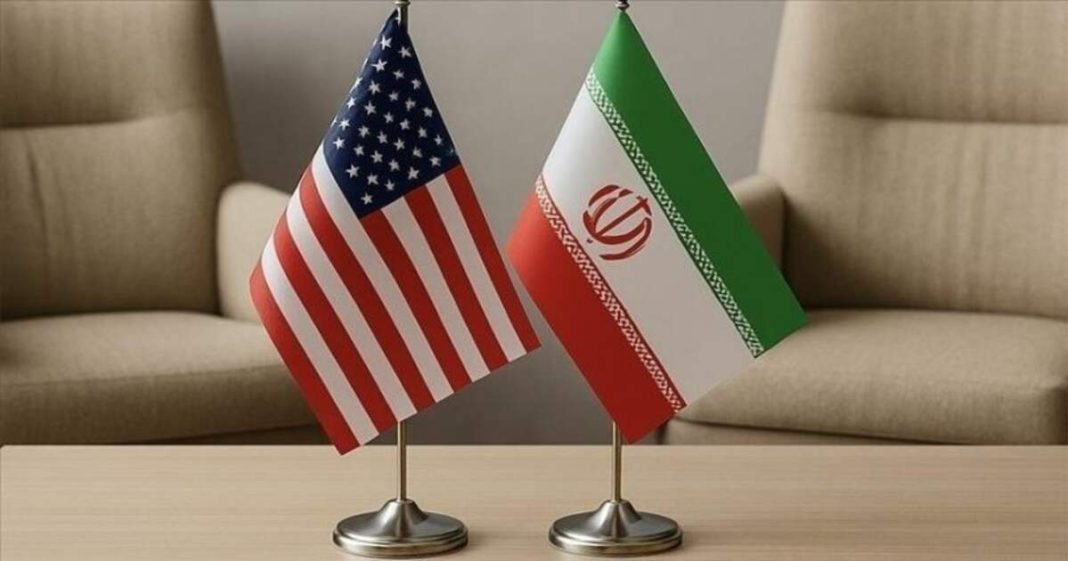The United States and Iran are poised to resume indirect nuclear negotiations in Muscat, Oman, on Sunday, after a previously scheduled round was postponed due to what mediators cited as “logistical reasons.” This upcoming session marks the fourth round of talks since former President Donald Trump returned to the White House and revived his administration’s push for a tougher nuclear agreement with Tehran.
Postponed Rome Talks Now Shift to Oman
Initially, the fourth round was slated to take place on May 3 in Rome. However, Oman’s Foreign Minister Sayyid Badr Albusaidi announced a rescheduling on May 1 via the platform X, citing coordination issues. Despite the delay, Oman continued to act as a mediator and confirmed Friday that both sides had agreed to meet on Sunday in Muscat.
Read More: Outside mediation now crucial for Pakistan and India
Oman previously hosted the first and third rounds of the revived talks, while Rome hosted the second. The third round took place on April 26, with US officials describing the atmosphere as “progressing” though lacking detailed technical agreements.
Both Sides Claim Progress, But Divide Remains
Iranian Foreign Minister Abbas Araqchi expressed cautious optimism, saying the negotiations are “moving forward” and entering into more detailed phases. “Naturally, the further we go, the more consultations and reviews are needed,” he said, highlighting Tehran’s continued engagement in regional diplomacy, including planned visits to Qatar and Saudi Arabia to address their nuclear-related concerns.
The US special envoy, real estate magnate-turned-negotiator Steve Witkoff, is expected to attend. In an interview with Breitbart News, Witkoff said the US would “take Iran at its word” that it does not seek nuclear weapons—but demanded the dismantling of enrichment facilities, removal of centrifuges, and conversion of the programme to strictly civilian purposes.
However, US Secretary of State Marco Rubio has been more explicit, insisting Iran give up all enrichment capabilities, even for peaceful energy purposes. Witkoff initially showed some flexibility but later aligned with Rubio’s harder stance.
Trump Threatens Consequences
Despite ongoing talks, President Trump has repeatedly warned that failure to reach a new deal could result in military action. In an interview with Time Magazine on April 25, Trump did not rule out a strike on Iran, emphasizing, “It’s possible we’ll have to attack because Iran will not have a nuclear weapon.”
Yet, Trump has also struck a hopeful tone, suggesting a deal is within reach and even offering to meet Iran’s leaders. “I think we’re going to make a deal with Iran. Nobody else could do that,” he said.
Tensions Escalate Amid Sanctions and Regional Flashpoints
While diplomacy unfolds, Washington has continued its campaign of “maximum pressure.” Last week, the State Department imposed sanctions on seven entities involved in Iran’s oil trade, accusing Tehran of using proceeds to fund terrorism. Defense Secretary Pete Hegseth issued warnings over Iran’s support for Yemen’s Houthis, suggesting any Houthi attacks would now be attributed directly to Iran.
Iran responded by accusing the US of “contradictory behaviour and provocative statements.” A senior Iranian official told Reuters that recent US sanctions were partly to blame for the Rome delay and warned they were undermining diplomatic efforts.
Read More: Pakistan Strikes India’s Cyber Defenses, Causing Widespread Damage
The current talks follow the collapse of the 2015 Joint Comprehensive Plan of Action (JCPOA), a multilateral deal under which Iran curbed its nuclear programme in return for sanctions relief. Trump withdrew the US from the JCPOA in 2018, prompting Iran to accelerate its enrichment activities. Since Trump’s return to office in January, the administration has sought to renegotiate a more stringent version of the agreement—while keeping open the possibility of military force.














